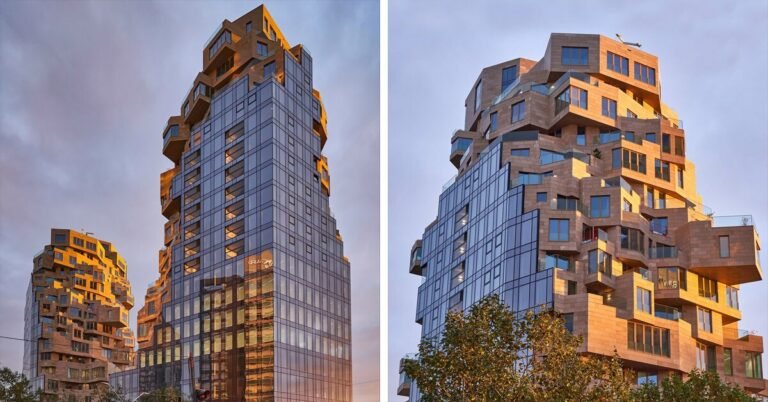How Hannah Beachler Created an Underwater City for ‘Black Panther: Wakanda Forever’—Literally
Like Wakanda before the arrival of Killmonger (Michael B. Jordan) in the first film, Talokan is isolated from the rest of the world and possesses the powerful (fictional) natural resource vibranium. The backstory of the Talokanil and their ruler, Namor (Tenoch Huerta), is revealed in the film, but the gist of it is that they are descendants of the ancient Mayans, and moved into the ocean to escape the Spanish conquistadors who invaded Mexico in the 1500s and by the late 1700s—when Beachler estimates that the Talokanil fled—were spreading smallpox.
“I started the research in 900 BC in Palenque in Chiapas, Mexico,” says Beachler, whose other work includes Beyoncé’s visual albums Black Is King and Lemonade as well as films like Moonlight, Creed, and Fruitvale Station. She thought about how these people would have evolved after moving underwater (in the film, they drink a concoction made from a plant grown in vibranium-rich soil, which gives them the ability to breathe underwater), how their population would have expanded, and what materials they would have had to build with. Mesoamerican traditions like the “three sisters” (corn, beans, and squash), the “ceiba” (tree of life), and the Mayan calendar were all influences, but Beachler stresses that the Talokanil “are very much also their own culture” after hundreds of years underwater. “They’re not Mayans, they’re not trying to be Mayan, but they are certainly carrying on their tradition, carrying on the ritual, carrying on the community and the language of it. But they are not Maya anymore. They are Talokan,” she says.

